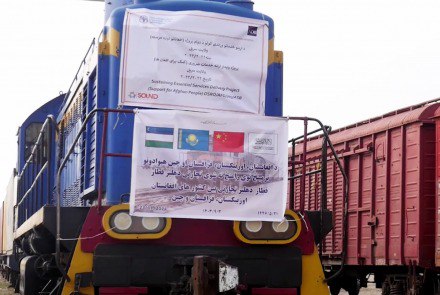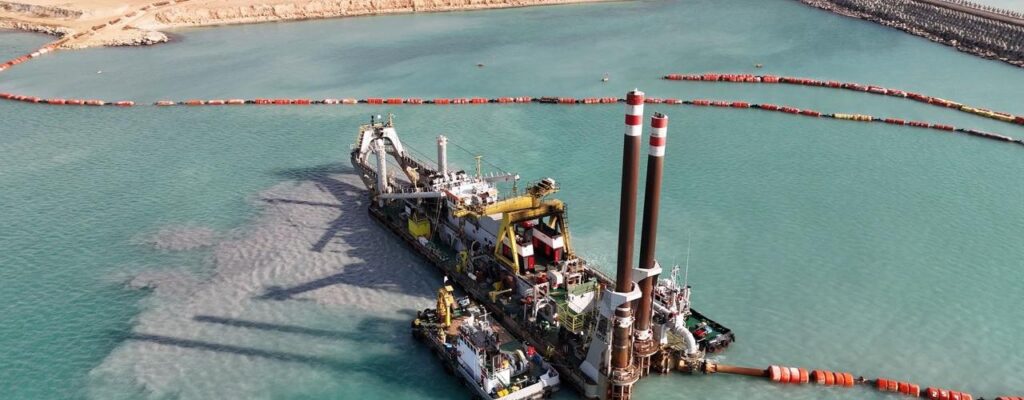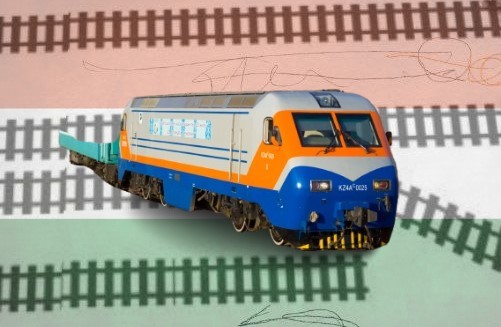Kazakhstan and China Digitalize Customs Procedures on Middle Corridor
Kazakhstan Temir Zholy (KTZ), Kazakhstan's national railway company, has announced the digitalization of customs declaration procedures for transit cargo along the Trans-Caspian International Transport Route (TITR), also known as the Middle Corridor, at the border between Kazakhstan and China. In collaboration with Global DTC, KTZ Express - a subsidiary of KTZ - has launched the Tez Customs digital platform. This system transitions customs operations to a paperless format, reducing processing time to just 30 minutes after a train's arrival at the border station. The platform enables preliminary preparation of documents, automatic registration, and issuance of transit declarations. These capabilities optimize logistics processes, enhance transparency at all stages of customs clearance, and significantly reduce the time required for customs operations. Since May 2024, Tez Customs has fully automated customs clearance processes for transit cargo along the China–Central Asia route via Kazakhstan, specifically along the Altynkol-Saryagash section. In October 2024, its scope was expanded to include cargo transported along the Middle Corridor. To date, Tez Customs has processed over 54,000 transit declarations on the China to Central Asia route and more than 5,000 declarations on the TITR. The Trans-Caspian International Transport Route serves as a critical link between China and Europe, passing through Kazakhstan and the Caucasus. More than 80% of all land cargo transported from China to Europe travels through Kazakhstan, according to Kazakh statistics. During the first nine months of 2024, the volume of cargo transported along the Middle Corridor increased by 23% compared to the entirety of the previous year, reaching 3.4 million tons. Projections suggest that by 2030, this figure will rise to 10 million tons annually. The digitalization of customs procedures via Tez Customs represents a significant advancement in the efficiency and transparency of transit operations on the TITR. This innovation reinforces Kazakhstan’s position as a vital transit hub for trade between China, Central Asia, and Europe, while also supporting the continued growth of cargo volumes along the Middle Corridor.






